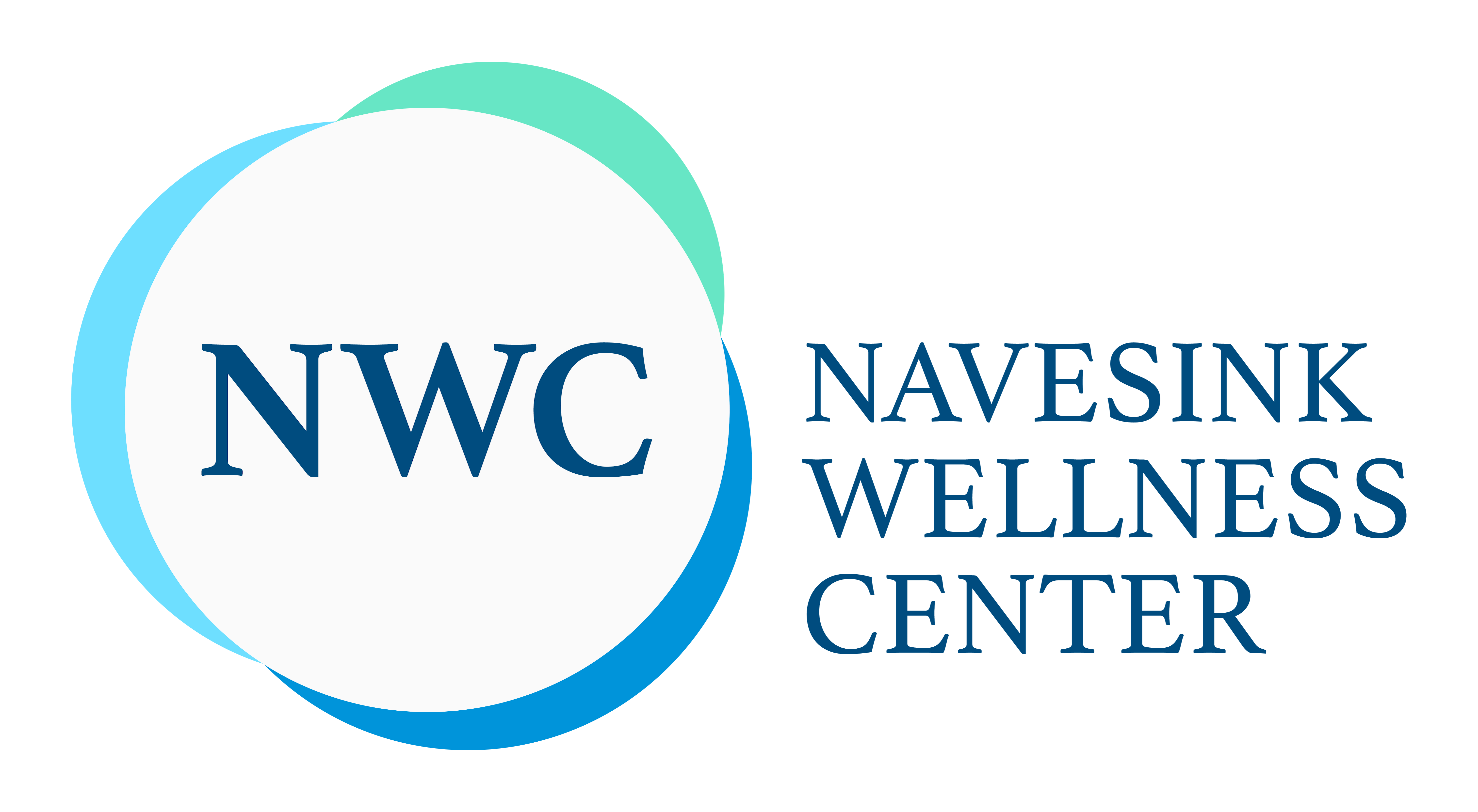Life Transitions & Their Impact on Relationships
The Impact of Life Transitions
Life transitions are inevitable, and while they bring growth and new opportunities, they can also create significant challenges within a marriage. Major changes—such as career shifts, parenthood, or retirement—often test the resilience of a couple’s bond. Research suggests that over 50% of married couples report increased tension and stress during major life transitions. These periods of change can bring about emotional, financial, and practical strains that may lead to conflict, communication breakdowns, or feelings of disconnection. Understanding how life transitions impact your relationship is the first step in navigating these challenges successfully.
Couples who proactively seek support during these transitions can strengthen their relationship, improve communication, and build a more resilient partnership.


Common Life Transitions
Several life transitions can significantly affect a marriage. Some of the most common include:
Marriage: The transition from dating to marriage often brings new expectations and responsibilities, which can create stress as partners adjust to a deeper commitment.
Parenthood: The arrival of children dramatically changes a couple’s dynamic, often shifting focus from the marriage to the demands of parenting. This can lead to a loss of intimacy and increased stress.
Career Changes: Whether it’s a promotion, job loss, or career shift, changes in employment can impact financial stability, personal fulfillment, and the amount of time couples spend together.
Moving: Relocating to a new city or home is a major life transition that can bring both excitement and stress. It often requires adjusting to new routines, social circles, and living environments.
Empty Nest: When children leave the home, couples often face an adjustment period where they rediscover their roles as partners, rather than as co-parents. This can lead to feelings of loss or a sense of newfound freedom.
Retirement: Retirement is a major life transition that shifts daily routines, financial planning, and personal identity. Couples may struggle with redefining roles and finding a new balance in their relationship.
Health Changes: As couples age, they may face significant health challenges that affect their ability to engage in activities or require caregiving, which can create emotional and logistical strain on the relationship.
How Couples Counseling Can Help with Life Transitions
Life transitions, while challenging, also present opportunities for growth and deeper connection within a marriage. Couples counseling can provide invaluable support during these times of change by offering a safe space to explore feelings, improve communication, and adapt to new roles or circumstances. Here’s how counseling can assist:
Enhancing Communication: Counseling helps couples communicate their needs, concerns, and expectations more effectively. By learning how to listen and respond with empathy, couples can navigate the stress of life transitions without letting it drive a wedge between them.
Processing Emotions: Life transitions often bring up complex emotions such as fear, anxiety, excitement, or sadness. A therapist can help couples process these feelings, allowing them to better understand their emotional reactions and support each other through the transition.
Rebuilding Connection: During significant transitions, couples may feel disconnected or out of sync. Therapy can help partners rediscover their emotional and physical intimacy by creating time and space to focus on each other.
Adjusting to New Roles: Many life transitions require a shift in roles or responsibilities within the relationship. Therapy can help couples navigate these changes by fostering mutual understanding and cooperation in their new roles.
Managing Stress and Conflict: Stress during transitions can lead to increased conflict or unhealthy coping mechanisms. Therapy equips couples with tools to manage stress, resolve conflicts constructively, and prevent long-term damage to the relationship.
Planning for the Future: Counseling can help couples create a shared vision for the future as they navigate life transitions. By aligning their goals and values, couples can enter the next chapter of life with a sense of unity and purpose.
At Navesink Wellness Center, our couples counseling services are designed to guide you through life’s inevitable transitions. Whether you’re adjusting to a new chapter in your marriage or preparing for a significant life change, our therapists provide the support you need to strengthen your relationship and thrive together.



